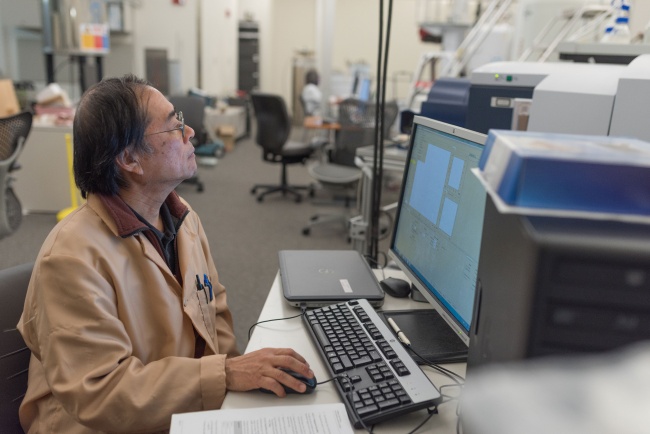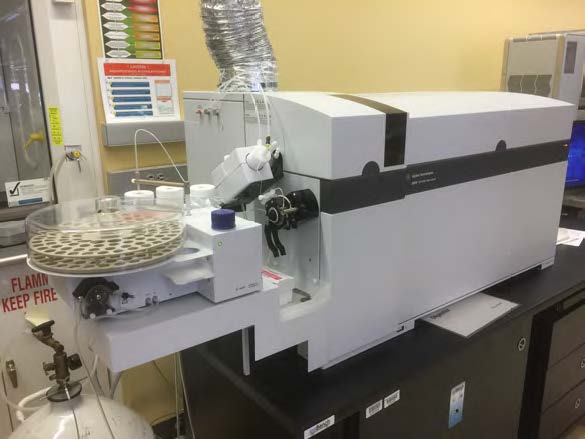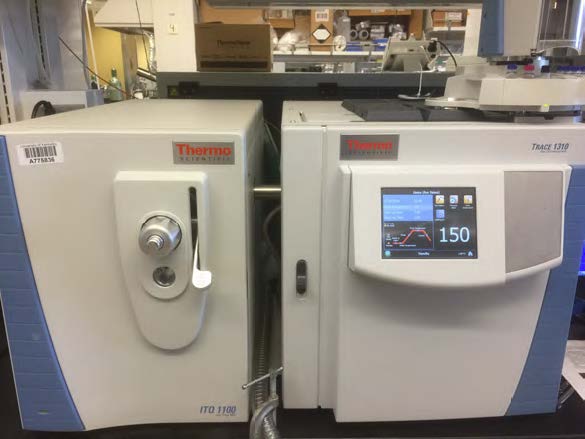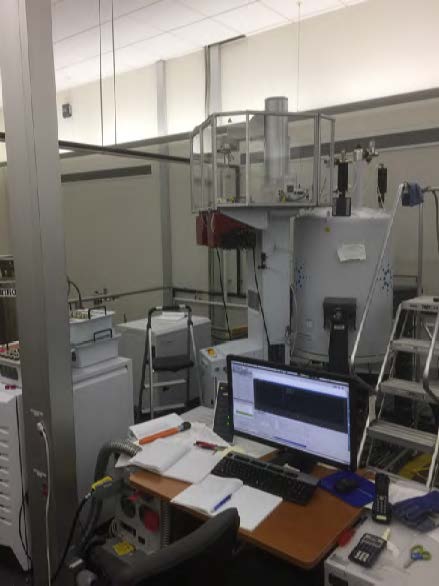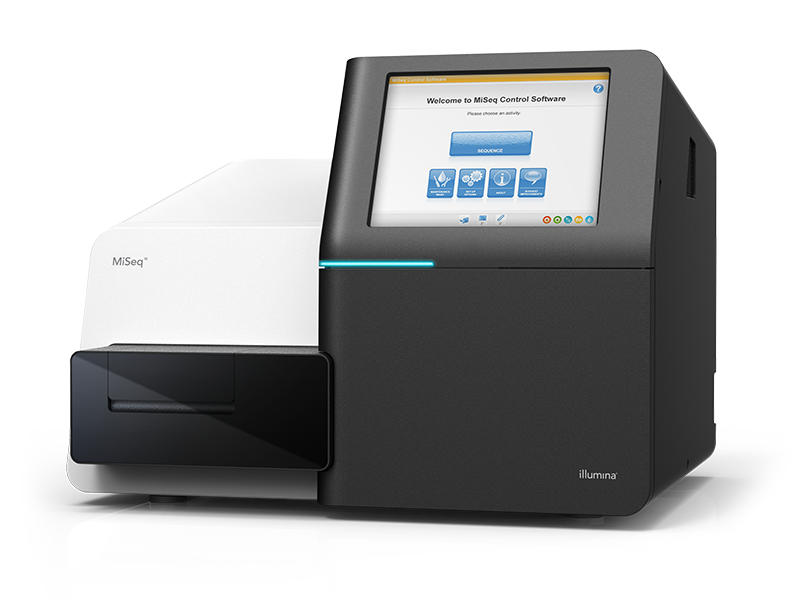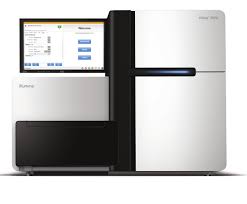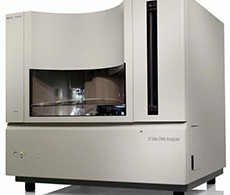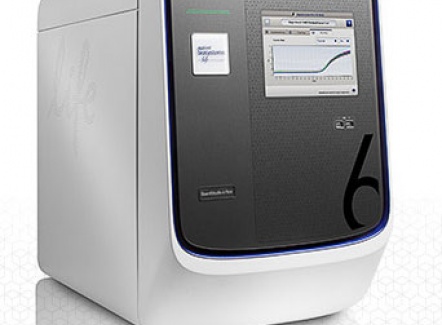Hands-On Instructional Equipment
Our program not only provides the theoretical basis for principles of sample preparation and forensic instrumentation, but provides hands-on training with actual teaching-dedicated equipment. Students exercise with these instruments different separation techniques, partitioning chemistry and detection methods toward identification of unknown sample drugs. The exercises also include equipment maintenance and trouble-shooting. The hands-on instruction prepares students toward their internship experiences.
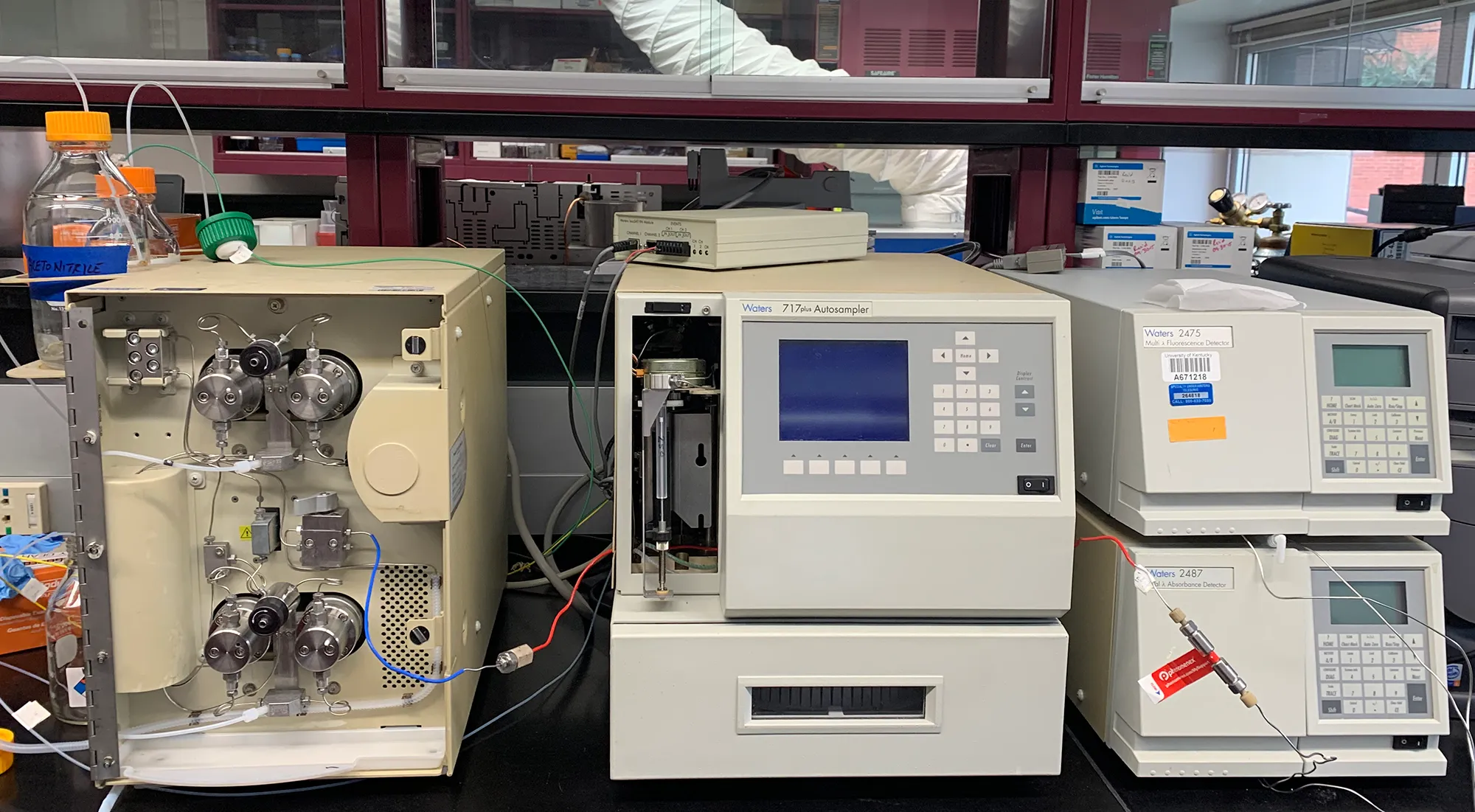
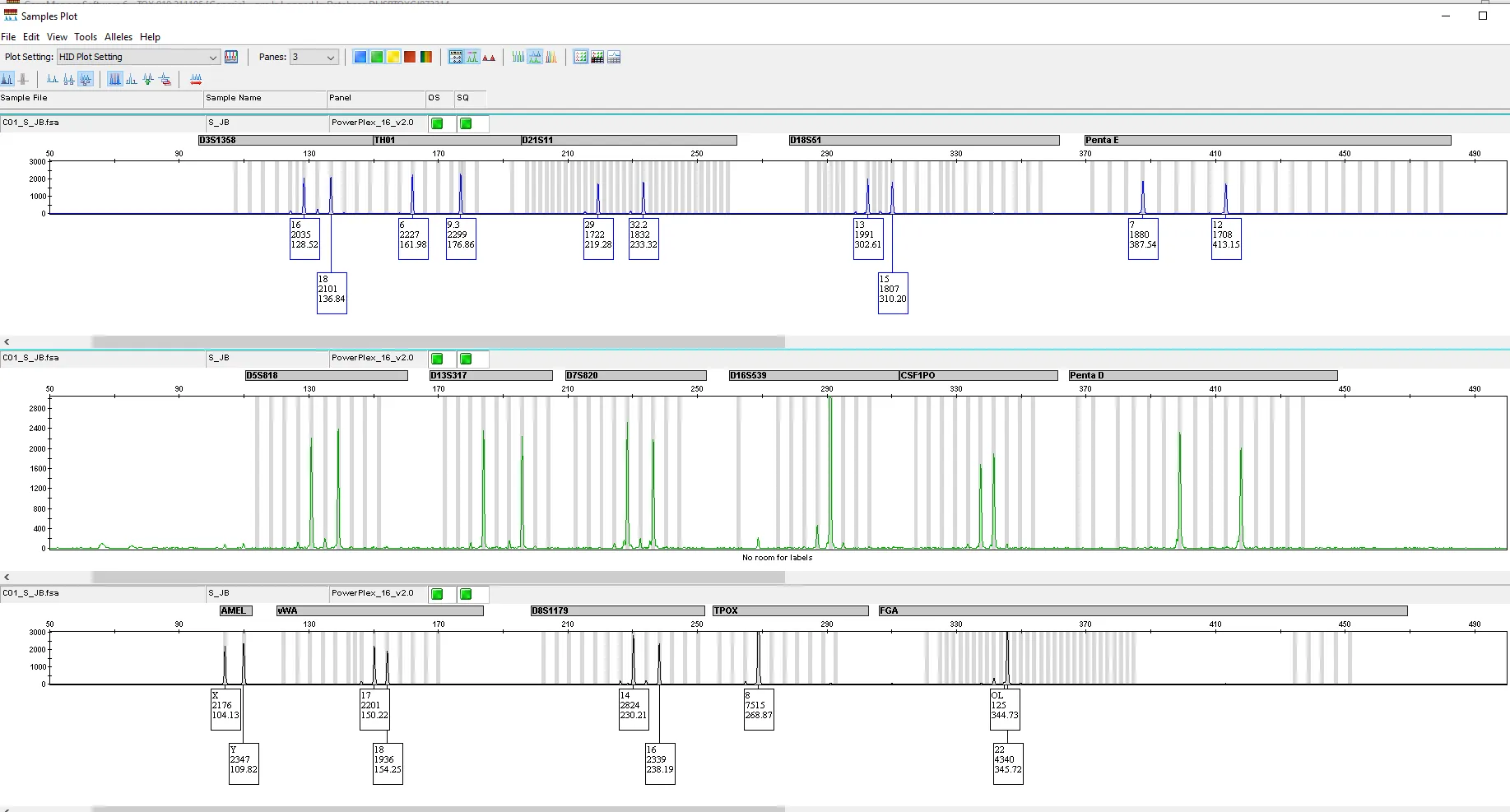
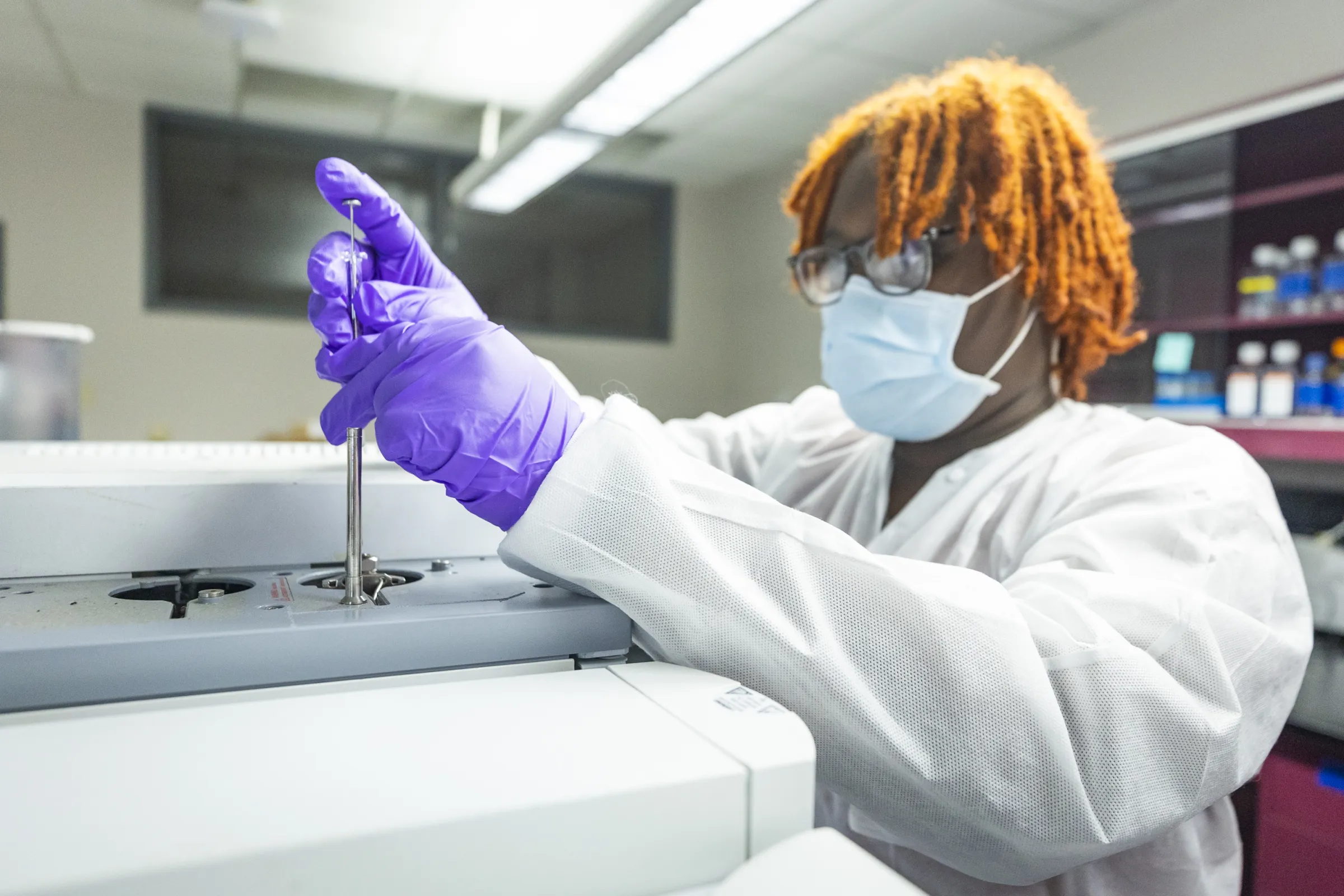
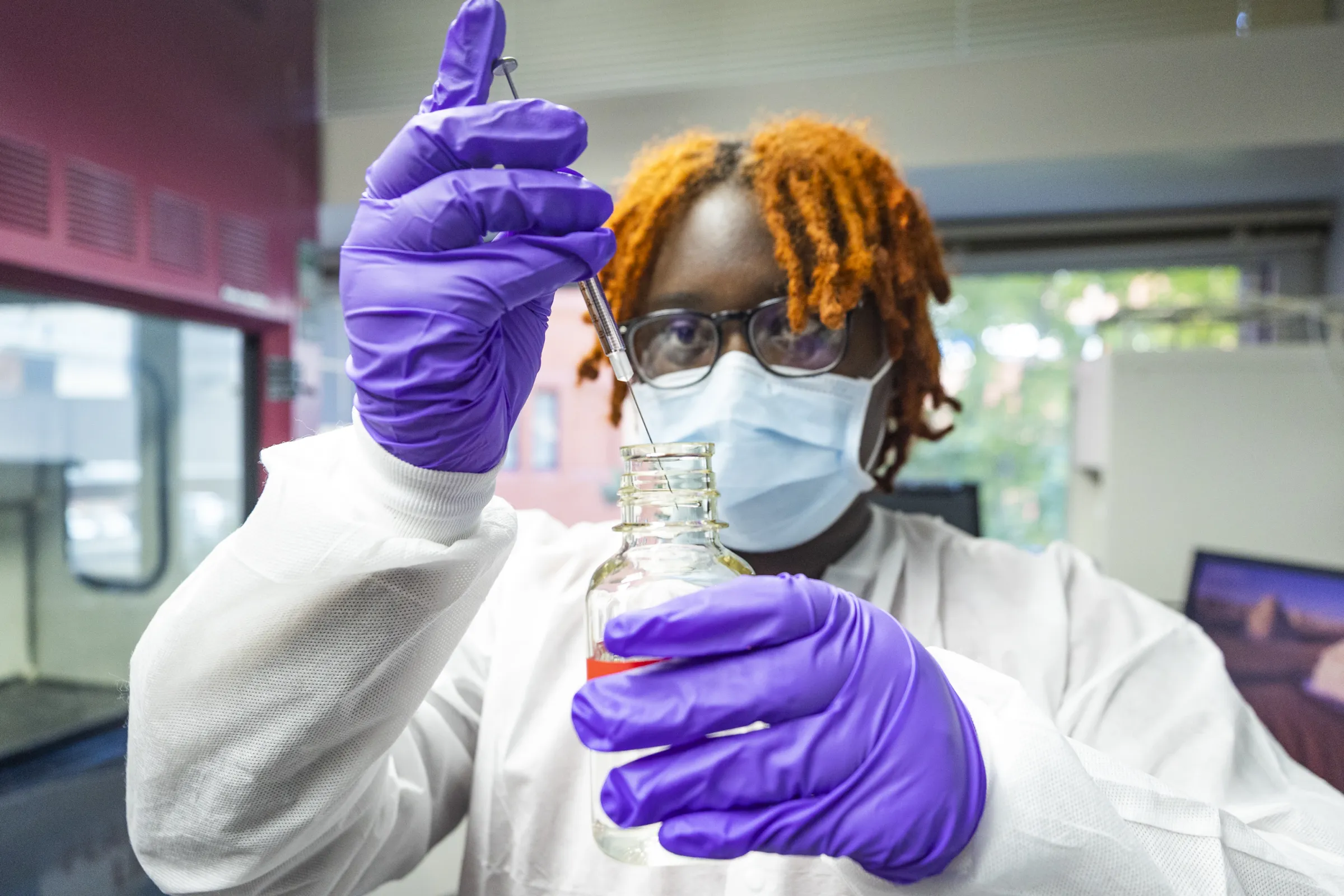
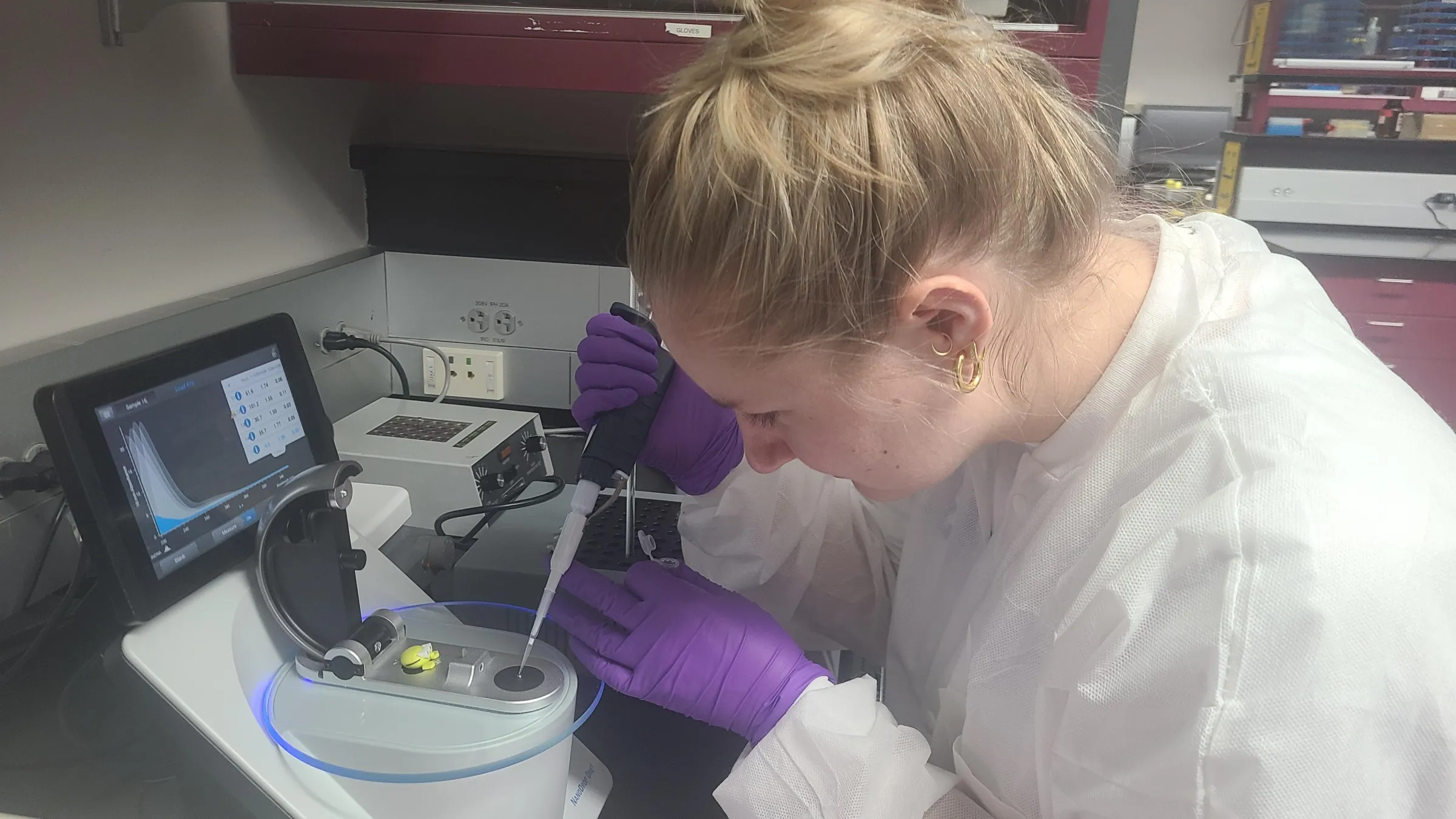
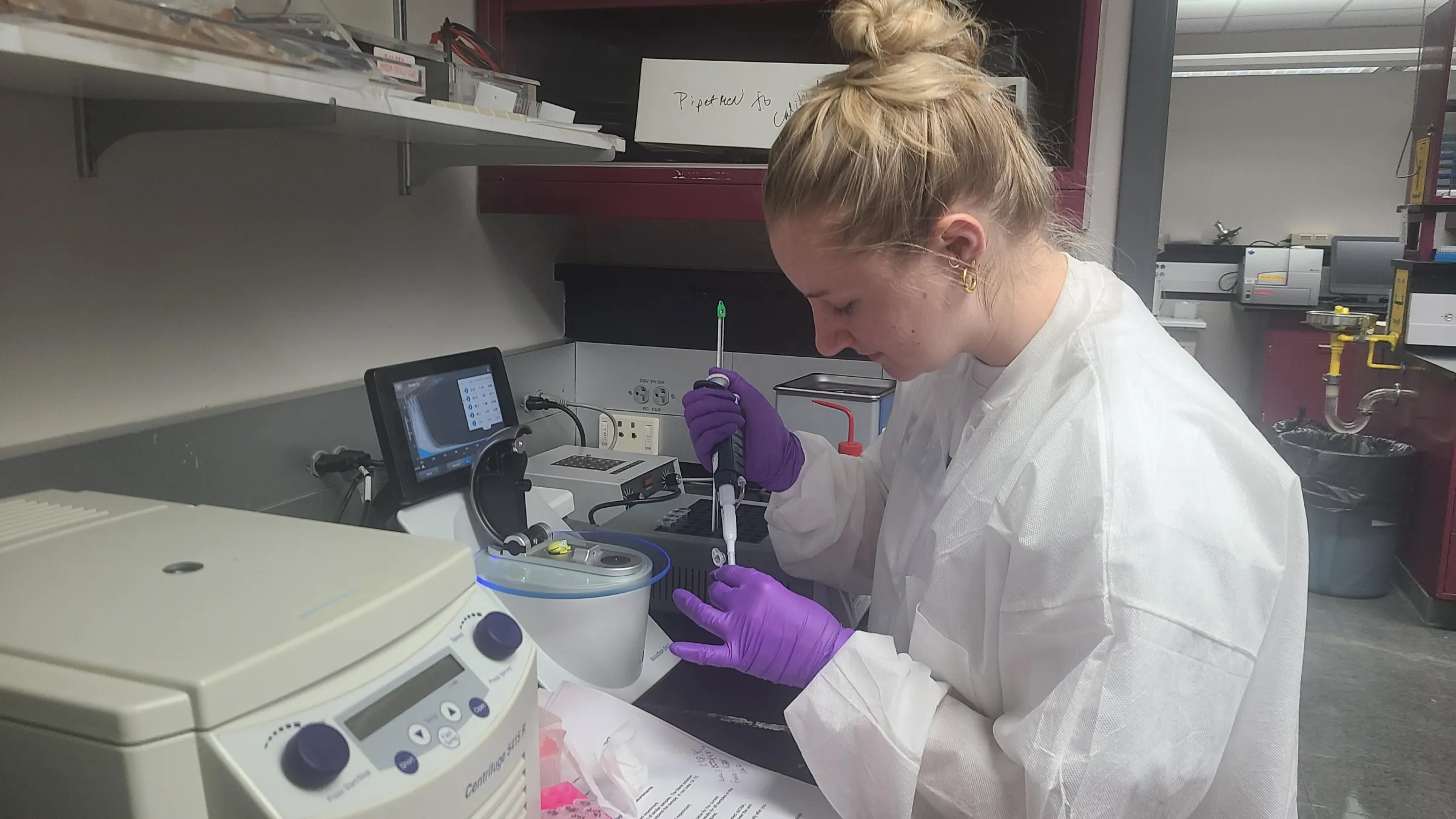
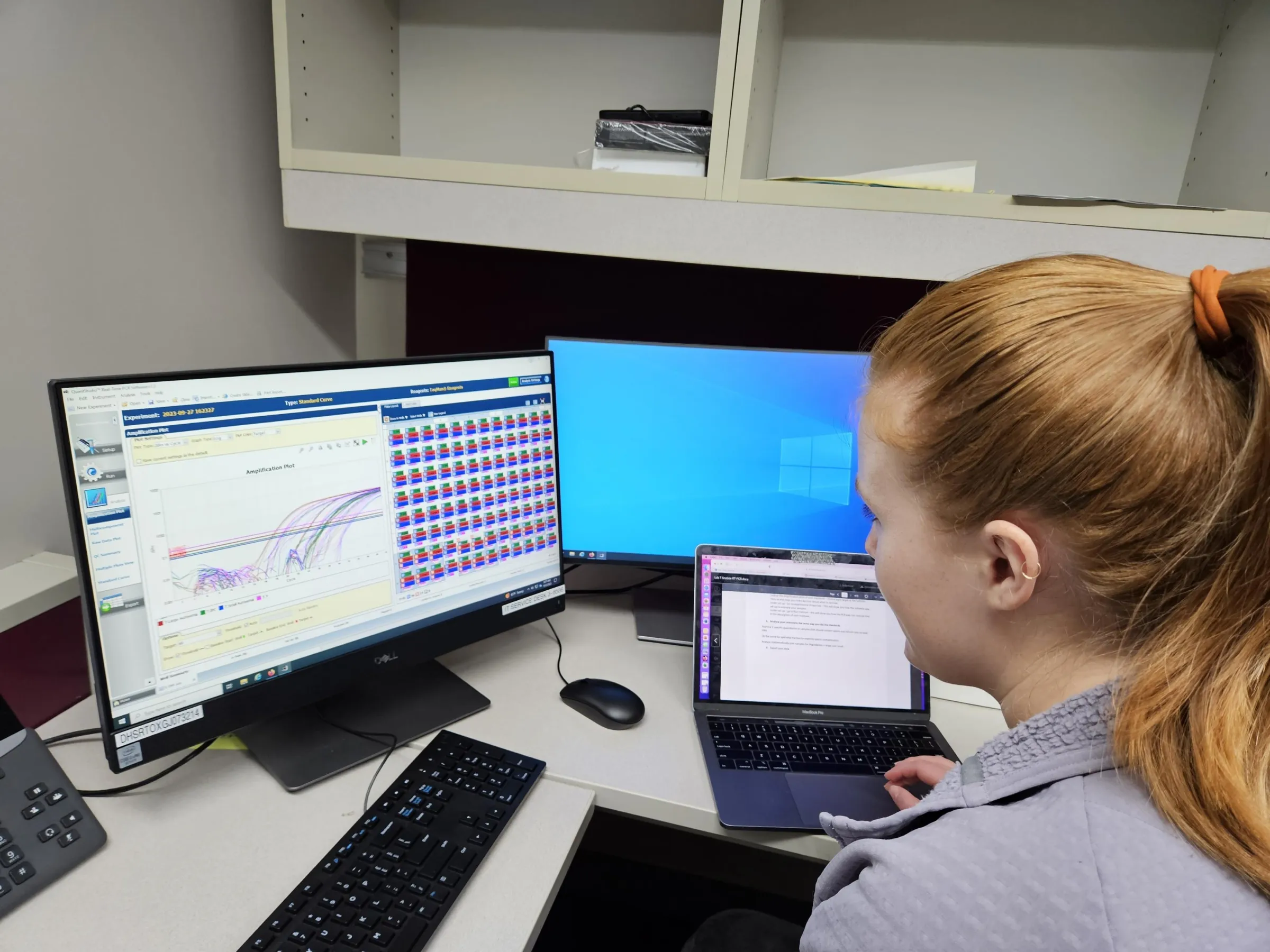
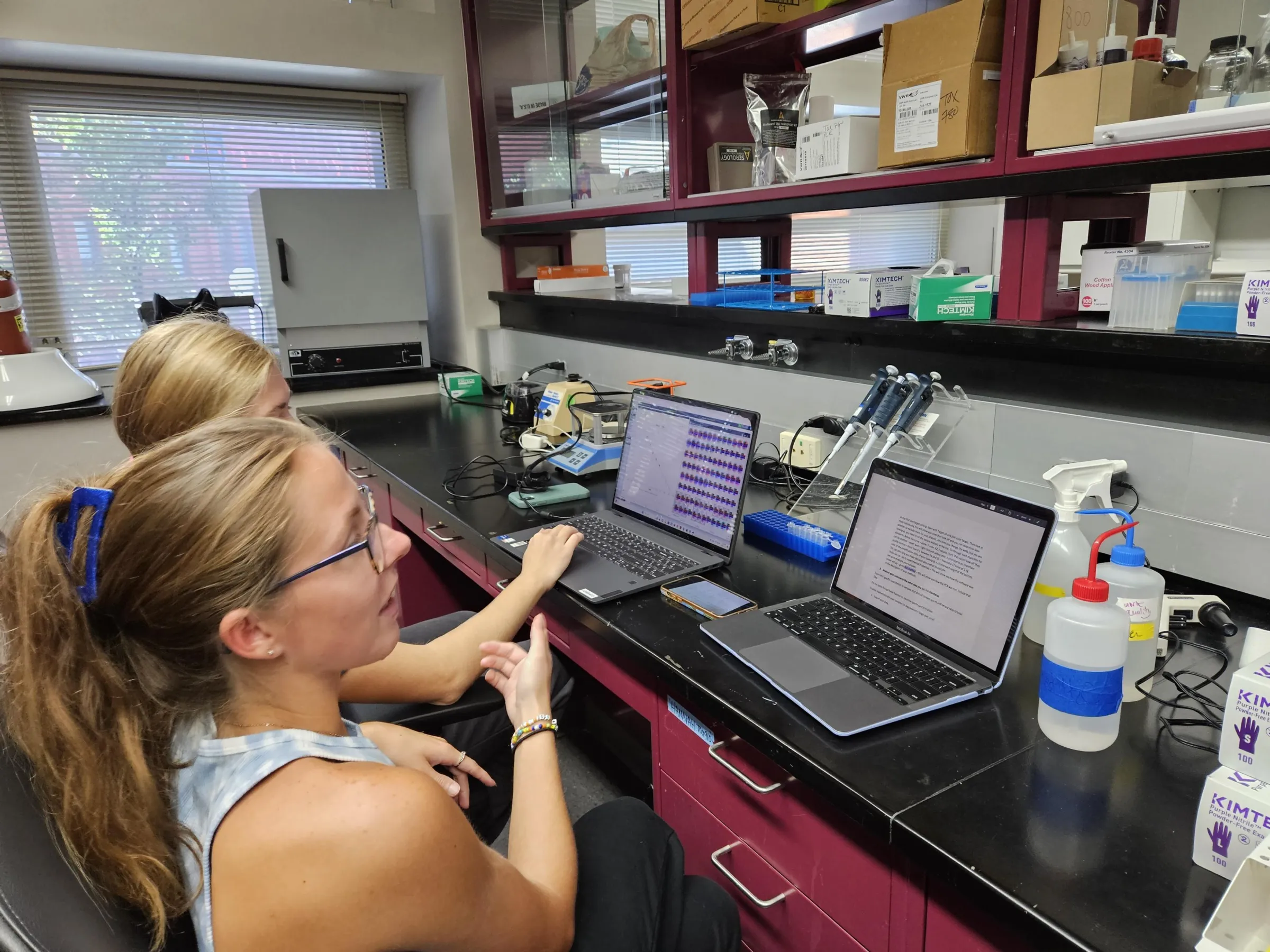
Research Project Facilities
State-of-the-art equipment
The program provides state-of-the-art laboratory facilities that are available to students working on laboratory assignments and independent research projects. Instrumentation includes GC-MS, GC-MS/MS, tandem LC-MS, FTIR spectrometer, NMR, PCR, Real-Time PCR, HiSeq 2500, MiSeq, Capillary sequencers, Pyrosequencer, Luminex analyzer and Bioanalyzers.

